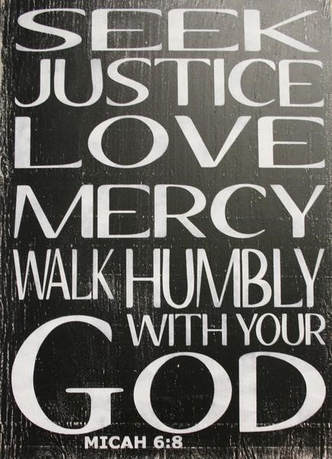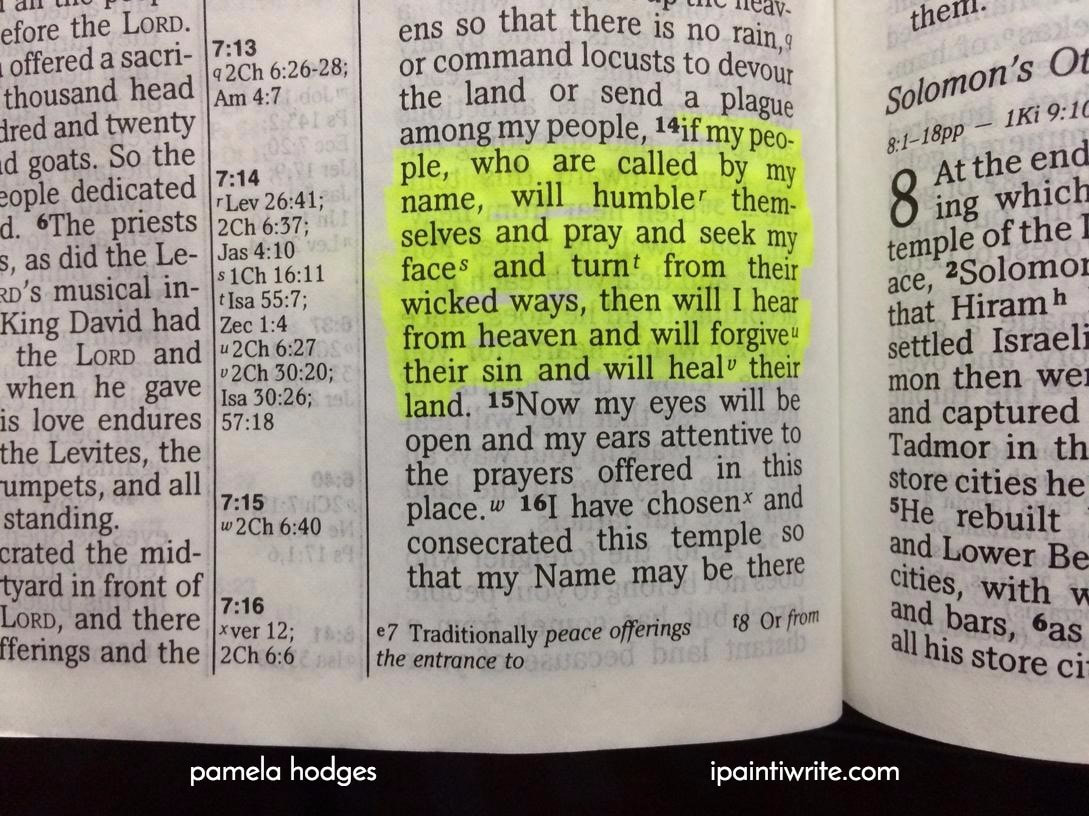 By Francisco Herrera, Theologian-in-Residence The McDonald's off of Lyndale and 45th Avenue North has become a regular stopping point for me since beginning my time at Gethsemane in July. I've had a soft spot for the fast food chain since a market research gig had me running around three McDonald's locations in a major Metropolitan City several years ago. I enjoyed the friendliness of the staff, who were eager to include me in their games and camaraderie. I was also rather impressed about how each of these locations fostered a great deal of community activity. The general manager of one location practically gushed about how they raised $10,000 that summer for his daughter's Elementary School - monies used to go towards the purchasing of a state-of-the-art computer system and teachers to train the children the vital art of computer programming. And as you would find in any diner or cafe in the United States, each location also had a regular morning delegation of older men and women sitting and sipping coffee, munching on biscuits, and sharing stories of the neighborhood and their family and friends. The McDonald's here in Lind-Bohanon was certainly no different. Sitting at my little table, bouncing between the rigors of my PhD studies, writing, and passing out flyers to promote Gethsemane’s block parties, I had a great deal of time to both talk with the restaurant patrons as well as overhear many conversations. The folks chatted about what you’d usually expect of patrons in any cafe or breakfast nook—retired men and women passing laughter and gripes back and forth. Another morning I witnessed a young man receiving interview advice from an older friend. One particularly memorable chat I had happened with a retired police officer about two weeks after Thurmond Blevins killing, as he spoke calmly and quietly about the corruption of some of the neighborhood police departments. But on one particularly quiet morning, as I was engrossed in some writing I was doing, I chanced to hear one of the older ladies and the restaurant exclaim, "Oh, but I'm Lutheran, and things like that are very important to us!" This was no surprise. We are in Minneapolis after all, and Lutherans are as common as purple shirts on Sundays. But all the same, this was the first time I heard someone in the neighborhood mention being Lutheran with such honest immediacy, so I kept a sneaky ear open.  Pretty quickly though, I began to wish I hadn't. "I mean I learned in church the importance of having a two-parent family, a mother and a father. And I just don't see how it is that a man and a man or a woman and a woman get married and have a family." At that point, I started to listen more intently - trying to ask myself, as well as God, if it would be appropriate for me to chime in. "I have friends who are homosexual. For instance, I have people I work with who are, and they're good colleagues and I love working with them. But since the Bible says that homosexuality is a sin, I just don't see how anyone can think that gay people getting married, let alone having children, can ever be okay. It just seems so wrong." Making matters a little worse, the friend sharing breakfast with her at this table was quietly humming and nodding in agreement the entire time. As a public theologian, and as someone who understands his prophetic role in the church, in moments like this I know I have to do something, but often times the chief emotions I tangle with are fear and anxiety. Do I really want to get into this? Do I really have the energy to engage a perfect stranger in a controversial conversation—one that (in a McDonald's on a Friday morning) is not likely to end well for either of us? But while sifting through this usual sand of shifting emotions, the woman was visited by a friend, who from his accent was clearly an immigrant. "Hey Lucy!" so her name was Lucy. "How are you doing today?" And Lucy dutifully recounted her work week, family, etc... but she soon brought up the previous topic again. "So, me and Linda were talking, and I was wondering what you thought about homosexuals having a family and raising children?" Her voice had the pleasant air of someone anticipating agreement. "I think it's a great idea. Especially if they can adopt children too." "But, but..." Lucy's face opened wide as she prepared her defense. "But, that kinda thing is disgusting. A sin. Those aren't the things you learn in church." "Well, there are many things that I learned in church back home," (I listened keenly for where 'home' was, but no luck) "about gay people, about women, and black people. But for me it's simple. If you love God, and God loves you, then you love everyone else, too." "But we have to tell them, we have to tell them what they're doing is wrong. They're going to hell, and what about their children, too?" "That doesn't make any sense to me," the first hint of exasperation peeking through his words, but still spoken with warm animation. "You are more worried about whether or not loving people go to hell but not at all about God's judgement for people who kill innocent people?"  I began to wonder if his exasperation with this woman's God talk was connected to what happened in his country, not to mention how seriously he turned the discussion. They went back and forth like this for about 2 minutes. She emphatic in her worry for the eternal souls of gay parents and their children, him warm but adamant that not only were her concerns misplaced, but that she was flat-out wrong. I don't know if you have ever had one of those moments where God answered a prayer that you didn't have the words to make, just nameless feelings or general dread, but I have. And this morning was one of those times. Burnout among progressive Christians is a very real thing. The world is so laden with problems and hypocrisy—things in which the church is often complicit—that sometimes it feels like voices for justice never have a moment to rest. Being only my second time lazing away the morning over a stack of hotcakes, with lots of butter, I was simply enjoying the infantile delight of my breakfast and the happy chit chat of the patrons. The lady’s homophobic rant, however, sent me crashing to Earth and reminded me of my role. But I didn't really want to do it. I really didn't. I didn't want to have to intrude and engage her in conversation, and maybe even rebuke. I just wanted to eat my pancakes and sing a quiet song to myself. In my first post, I talked about how Luther said that God works through means—that God doesn't work only by independent miracle or monumental acts like the parting of the Red Sea or manna from heaven. God is just as likely to work through a clay jar that never runs out of oil (2 Kings 4:1-7), a wash in a river that cures leprosy (2 Kings 5:1-13), even a loaf of bread that only seems to get bigger the more you break it into pieces (Matthew 14: 13-21). In the days since, I've often wondered how much that conversation stuck with Lucy—if she continued to chew on those words and maybe have a change of heart later? Did she go talk to her pastor and get taught the "right way" again? And what about her friend? Would the subject come up again the next time they meet? Did the conversation make him think about his home country in ways that were either joyful or saddening? But either way, I was glad for the opportunity to hear the interchange. It felt like relief. Sheer, pure, marvelous relief. However the story of those two breakfast acquaintances may have played out, God had my back that morning when I wasn’t sure how to react and provided someone to give a message of love and equity when I wasn't ready or able to give it. Just as Jesus came and was crucified for the sake of giving me a love that I will never be able fully understand, nor accept without his help. Amen. |
Archives
March 2020
Categories |

 RSS Feed
RSS Feed
